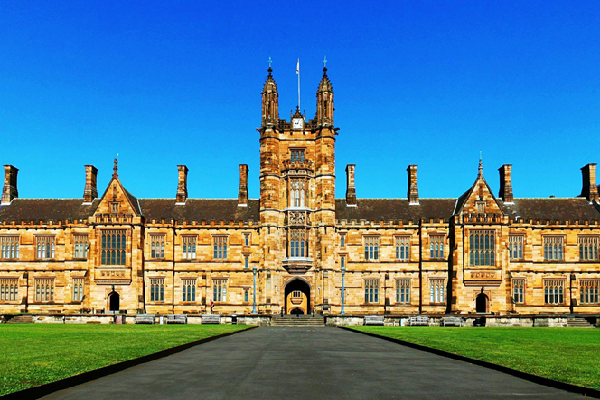University of Sydney expert wins Tour de Cure funding for cancer research
Dr Lisa Alcock, from the School of Chemistry in the Faculty of Science, has won $100,000 in funding from Tour de Cure.
Dr Alcock has received an Early Career Research Grant from Tour de Cure, which funds cancer research by outstanding researchers who are within five years of being awarded their PhD.
Tour de Cure is a charity founded in 2007 to promote the prevention or control of human cancers.
Dr Alcock is developing the first ever targeted therapy for ALT (alternative lengthening of telomeres) positive osteosarcoma – a childhood cancer that is the most common type of bone cancer in adolescents and has low survival rates.
“I am very grateful to receive this Tour de Cure Early Career Research grant as the Chief Investigator, as it marks my first major grant success,” said Dr Alcock.
“Receiving this grant means I can gain valuable experience in leading a drug discovery campaign and generate impactful research that can be used to apply for future funding to not only accelerate our research to the next level, but assist in my career development.”
Current treatment options for osteosarcomas involve invasive surgery, such as amputation, combined with chemotherapy, which results in long-term disease burdens for the patient.
“The problem is that more than 60 percent of osteosarcomas and up to 15 percent of all cancers use this specialised mechanism called ALT, which is responsible for the uncontrolled growth of these cancer cells. Currently, there are no drugs that target ALT positive cancers, but I want to change that with my research,” explained Dr Alcock.
“My research is developing the first ever targeted therapies for ALT positive cancers. Our team of collaborators have previously identified specific protein targets that we can selectively exploit to kill these ALT positive cancers.
“Using state-of-the-art drug discovery technology, we have identified the only known compounds that are able to target these ALT proteins. These are called cyclic peptides, and my Tour de Cure funding will help me take these exciting preliminary findings to the next stages of the preclinical pipeline.”
Dr Alcock will work with these cyclic peptides to create more suitable drug candidates. She will create the cyclic peptides using chemical synthesis, validate their binding in biochemical assays, and test them in model cell lines to make sure that they are effective in treating these cancers.
“With potential drug candidates in hand, we could take multiple steps forward in creating the first ever ALT targeting therapy, with the ultimate goal of improving the treatment options for children diagnosed with osteosarcomas,” said Dr Alcock.

